Disability Creativity in Opera
Be Careful What You Say, It Might Come True Someday
Back in 2015 when opera folk gathered unmasked in small rooms to discuss their unique and exquisite art form, there was an auspicious meeting at the National Opera Center of a musicologist in a wheelchair and a non-disabled librettist. The man, who has Cerebral Palsy, loved opera from a very early age. The woman, non-disabled, grew up in theatre and had recently responded to the call to write librettos. Both were exploring how to break into the industry. She was new to opera and he, though a fixture at nearly every opening night of any opera being performed around New York City, never thought he could pursue a job in opera because of his limited mobility. No one considered him a viable candidate until he met her. Marianna’s first question to Greg was, “What do you want to do in opera?” and Greg’s immediate response was “I want to run an opera company.” “Cool!” Marianna said, and we became friends.
Opera Praktikos, Inc. (OPrak) co-founders Marianna Mott Newirth and Gregory Moomjy at the Opera Conference in Minneapolis, 2022. Photo by Scott Newirth.
Fast forward to 2022: after seven-years’ hard work, a pinch of luck, and a host of amazing people, we produced Handel’s Orlando with Opera Essentia in a community garden on Manhattan’s Lower East Side, launching Opera Praktikos, Inc. (OPrak), New York City’s first disability-affirmative opera company. OPrak’s mission is to make opera accessible for audiences and performers. We bring artists with disabilities and artists without disabilities together to make interabled opera. OPrak’s vision is to create space for people to express themselves through words and music. This means removing physical barriers of entry as well as economic barriers. We’ve seen firsthand that when opera is made accessible to the disabled community, opera is made accessible to everyone, even those who never thought about opera before.
We were on the path with OPrak but did not have any word for what we were doing. Then, Morgan Skolnik ignited our spark for this essay with their 20 October 2022 HowlRound essay “Moving from Disability Visibility to Disability Artistry.” Our thinking here builds upon Morgan’s powerful description of what they call disability artistry, which is “work that is informed, from the beginning and down to its core, by some aspect of the disability experience. This doesn’t necessarily mean it needs to be 'about' disability, but rather it can embrace a disability aesthetic or feature complicated characters whose lives include disability.” We thank them for their trailblazing work.
We’ve seen firsthand that when opera is made accessible to the disabled community, opera is made accessible to everyone, even those who never thought about opera before.
We approach disability artistry from an organizational perspective by asking the questions, “Who are we as an opera company to champion disability creativity? What might be missed if we just do business as usual? Where are the artists with disabilities in opera? How do we reach them and how do they reach us? When does static thinking need disruption?” (The answer to the last one is easy—all the time! Because let’s face it, human nature has us always trying to get back to old ways of being.) Here we find our quest to establish new ways of being in the opera field.

